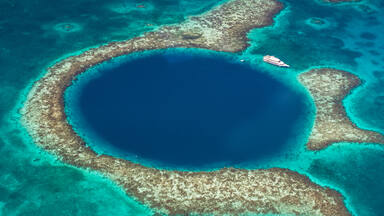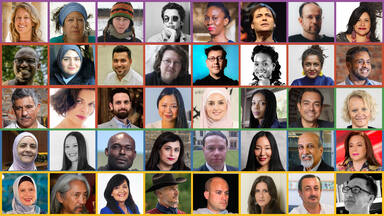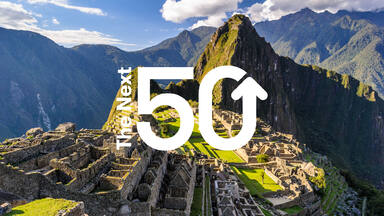Jean-Michel Jarre
Musician, composer, performer, producer and UNESCO Goodwill Ambassador
Ethel Delali Cofie
Entrepreneur, PDG et fondatrice d'EDEL Technology Consulting
Vision for the Next 50
In the Next 50… Technologies are accompanied by sustainability, diversity and ethical regulation to better serve the promotion and democratization of heritage.
In the Next 50… Inclusive, affordable and accessible internet benefits the diaspora and isolated communities, enabling them to enjoy and protect their heritage.
Summary
The dialogue between Jean-Michel Jarre and Ethel D. Cofie mainly addressed the role of digital tools for heritage accessibility. They agreed that digital technologies can contribute to making heritage more accessible to people who have been isolated for social, geographic or disability-related reasons. Cofie raised the point that internet speed and availability should be actively considered so that internet is accessible to all. In addition, African women are not only the custodians of heritage they are also builders of the digital spaces in which to preserve their heritage. Jarre highlighted how technology can help democratize tools for expression and help raise awareness of the importance of tangible and intangible heritage. However, technological progress must consider ethical rules, sustainability and diversity.
Dialogue
Watch the dialogue
Explore other sessions
Five dialogue sessions covering five themes take place in 2022, each joined by thinkers in paired dialogue from diverse regions. The interdisciplinary dialogues inspire new visions for the next 50 years of World Heritage.



